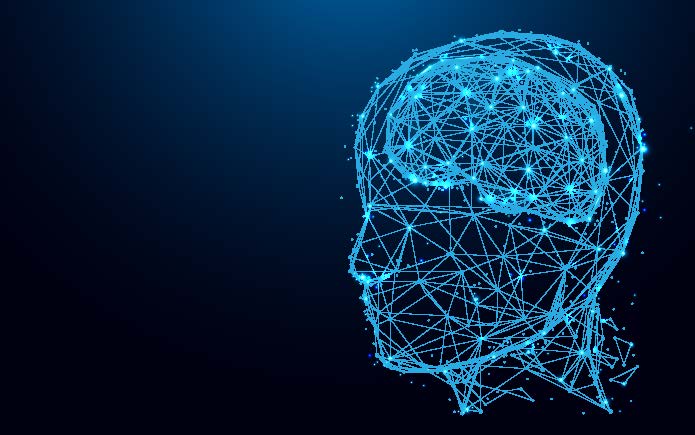Life Sentences for Children?: The Neuroscientific Basis for Limitations on Harsh Sentencing

Event Description
Neuroscience is playing a key role in legal decisions about children and young adults serving life sentences. The US Supreme Court relied upon research on adolescent brain development to bar execution and limit sentences of Life Without Possibility of Parole for crimes committed under age 18. However, the U.S. Supreme Court case Jones v. Mississippi (2021) shifted the battleground from federal constitutional protections to protections afforded by state constitutions—with mixed results to date. This panel examined the latest neuroscience in the context of emerging case law.
Panelists
- Introduction: Carmel Shachar, Executive Director, Petrie-Flom Center
- Leah Somerville, Professor of Psychology and Director, Affective Neuroscience and Development Laboratory, Harvard University
- Stephanie Tabashneck, PsyD, JD, Senior Fellow in Law and Applied Neuroscience, CLBB and the Petrie-Flom Center
Slides
- Leah Somerville, New frontiers in developmental neuroscience: Intersections with legal policy.
- Stephanie Tabashneck, Life Sentences for Children Jones Presentation 2022
This event is part of the Project on Law and Applied Neuroscience, a collaboration between the Center for Law, Brain and Behavior at Massachusetts General Hospital and the Petrie-Flom Center for Health Law Policy, Biotechnology, and Bioethics at Harvard Law School, support provided by the Oswald DeN. Cammann Fund at Harvard University.